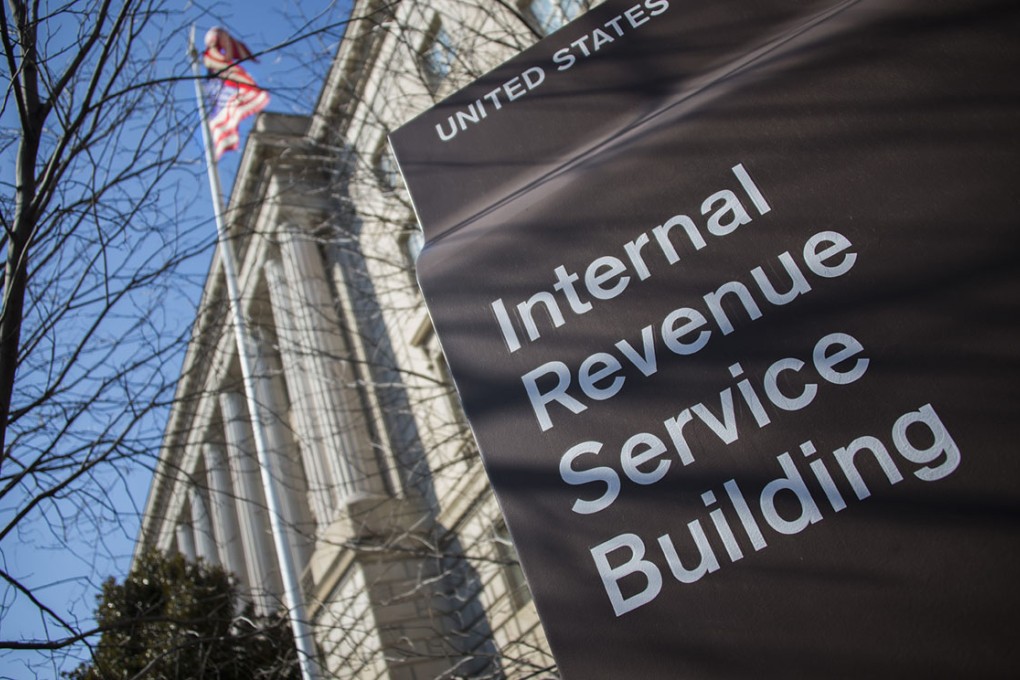The View | Fatca regime may have unintended consequences for financial system
Crackdown on Americans' money in overseas accounts may lead to the growth of shadow banking and the financial power of other countries

Many financial institutions are still completely confused and unable to comply with the US government's Fatca regime. "Foreign Account Tax Compliance Act" sounds like another innocuous tax regulation. But it represents the most ambitious tax and personal data collection strategy in financial history. It will embolden and encourage more global intrusions by US government agencies. More people will be driven underground to seek shadow banking services.

Government agencies possess long, institutional memories. Contempt for what they consider to be rogue bankers in financial centres such as Switzerland and its secrecy laws stretch back to the second world war.
Nazi Germany allowed Spain, Sweden and Switzerland to remain neutral so that they could be used as foreign exchange agents. Reichsmarks, the German currency during the war, were declared non-convertible by Allied nations. By trading with neutral countries, Germany effectively made its currency and gold convertible on the world market. These bankers helped the Nazis extend the war effort by importing goods and materials through converting reichsmarks.
US dollar and financial asset mobility accelerated in the 1950s with eurodollars - offshore deposits of US dollars. Unregulated, offshore US dollar accounts made it possible for the ill-gotten gains of tax evaders and criminals to flow overseas to secret Swiss bank accounts.
September 11 and the "war against terror" motivated all branches of the US government to aggressively pursue any terrorist activity. The US Department of Justice revolutionised the prosecution of offshore tax evasion in 2009 with a breakthrough criminal case against UBS, Switzerland's largest bank.
An American gambler stashes his poker earnings at a Macau casino to avoid Fatca
